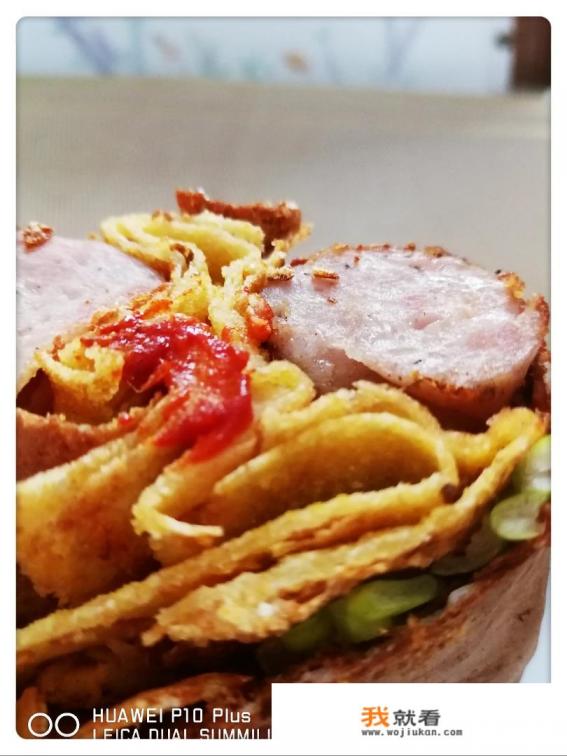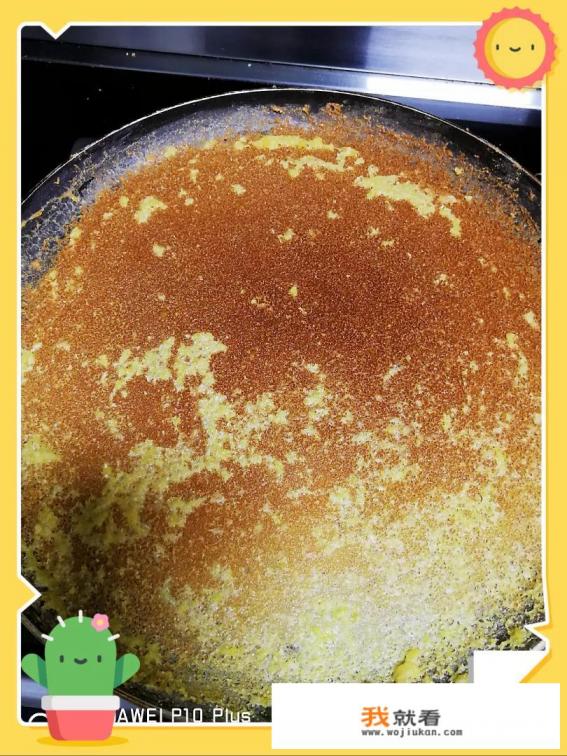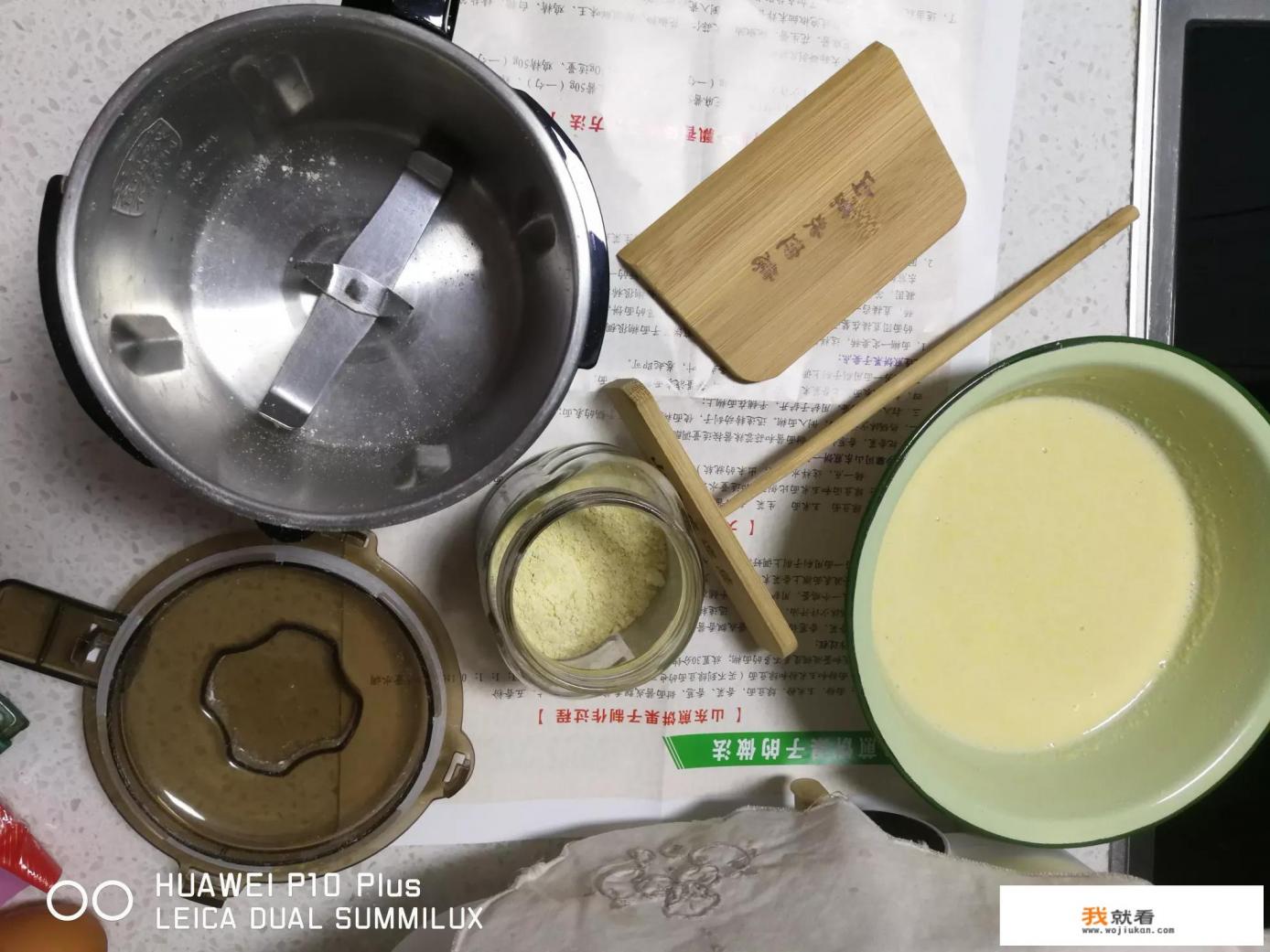Ingredients:
- Original Wheat Flour: 500g
- Baking Powder: 5g
- Yeast Powder: 5g
- Improver: 1g
- Water: 300g
Method:
- Ferment the Dough: Combine wheat flour, baking powder, yeast powder, and improver. Gradually add water while mixing to form a soft, slightly acidic dough. Do not overmix.
- Stuffing: Mix the stuffing of your choice into the dough.
- Shape the Dough: Roll out the dough on a floured surface to form a 32mm thick rectangular sheet. Brush with oil, sprinkle with flour, and roll it up lengthwise. Twist it 8 times to form 8 pieces, then wrap and refrigerate for 20 minutes to relax the gluten.
- Cooking: Place the prepared flatbreads in a baking tray, cover, and bake at 160-180°C until golden brown.
Wheat Flour Version:
- Wheat Flour: 250g
- Water: 150g
- Salt: 1g
Steps:
- Combine wheat flour, salt, and warm water. Mix well using a fork or your hands to form a sticky dough.
- Let the dough rest for 20 minutes to allow the gluten to relax and become softer.
Yeast Fermentation:
After mixing, cover the dough and let it ferment at room temperature for 20-30 minutes until it becomes soft and bubbly.

Frying:
- Heat oil in a pan, pour 2 tbsp of flour into it, and cook until it sizzles.
- Remove the oil and mix it with the flour. If you prefer, you can add the oil directly to the flour without heating for a less aromatic option.
Shaping:
- Roll the dough into a long strip, cut into small pieces, and flatten each piece into a thin circular shape using a rolling pin.
- Brush each piece with oil and roll it up to form a spiral. Let it rest for 10 minutes to make it softer.
Rolling:
Dust a flat surface with flour and roll out the dough into a thin circle.
Cooking:
- Heat a pan, brush it with oil, and place the flatbread on it. Repeat the process on the other side.
- Cook until both sides are golden brown. Avoid overcooking to keep the flatbread soft.
Dough Preparation:
Combine wheat flour, corn flour, and mung bean flour. Add water and salt to taste, then mix well to form a smooth dough.
Frying:
- Heat a non-stick pan, pour a small amount of oil, and pour a portion of dough into it. Use a spatula to spread it evenly.
- Cook until bubbles form, then flip and cook the other side until golden.
Assembling:
Once cooked, place the flatbread on a plate, garnish with your favorite toppings, and roll it up.
Serving Suggestions:
- Serve with fresh vegetables or your preferred condiments.
- Pair it with a bowl of soup or stew for a hearty meal.
Traditional Flatbreads: A Piece of Nostalgia
For many Northerners, flatbreads hold special memories. In my hometown,临朐, located in the mountains of Shaanxi, flatbreads are a staple. They are cherished not just as food but as a symbol of home and tradition.

The Art of Making Flatbreads
Flatbreads come in various forms, from wheat-based to mixed grain options. The most famous types include wheat flatbreads, corn flatbreads, and bean-based flatbreads. Each variety offers unique textures and flavors, making them a beloved comfort food.
Homemade Flatbreads: A Labor of Love
In rural areas, flatbreads are often made using traditional methods. Whole corn is dried, then ground into a paste and fermented. This paste is then cooked in a cast iron pan, forming thin, golden flatbreads. The process may seem simple, but it requires skill and practice.
Health Considerations
Flatbreads are nutritious and versatile. However, overconsumption can lead to digestive issues. Moderation is key to enjoying their benefits without discomfort.
Regional Varieties
Flatbreads are deeply rooted in Chinese culinary culture. They vary by region, with notable differences in taste and preparation. The most famous varieties include Shandong's mixed grain flatbreads and Tianjin's savory flatbreads.

Shaanxi-Style Flatbreads
- In a bowl, combine wheat flour, salt, thirteen香 (cinnamon), and an egg.
- Gradually add water while mixing in one direction until the dough becomes smooth and lump-free.
- Heat a pan, brush it with oil, and pour in a portion of dough. Cook until golden brown on both sides.
- Serve with your preferred toppings, such as pickled vegetables or spicy sauce.
Final Tips
- For a softer texture, cook the flatbreads until just golden.
- Let them rest under a damp cloth after cooking to retain moisture.
- Experiment with different fillings and seasonings to create your own unique flatbread experience.
Enjoy your culinary journey with these traditional flatbreads!
